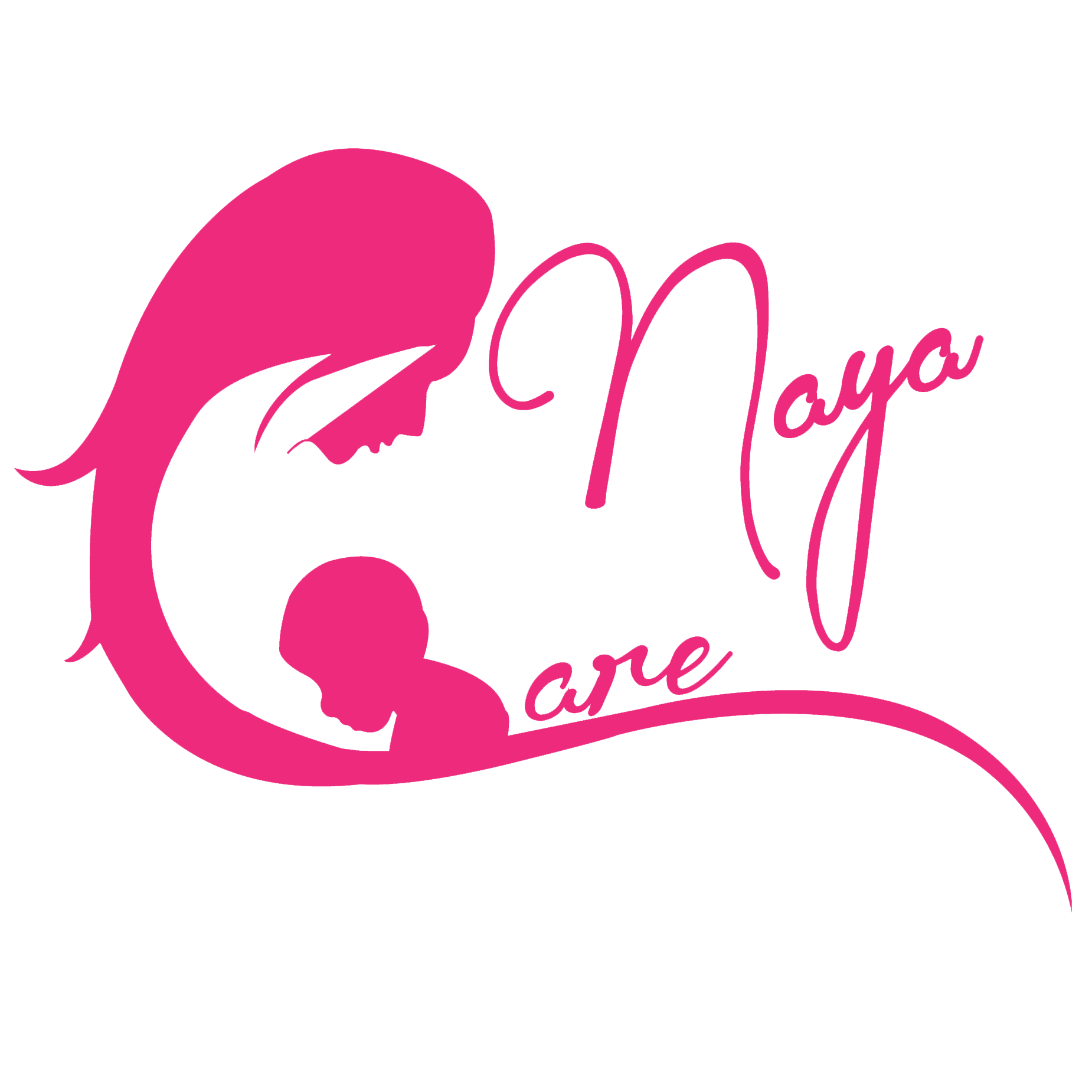In the dynamic landscape of modern parenting and professional life, burnout is an often-mentioned but insufficiently addressed phenomenon. In this blog post, we will delve into strategies that transform burnout into brilliance, focusing on themes of improving parenting, understanding the importance of rest, and managing small burnouts before they escalate into bigger ones.
Parenting Does Get Better
One of the primary themes is that parenting truly does get better. As a parent, there’s a moment of liberation when once overwhelming tasks, like wiping a child’s butt, become things of the past. How you show up in your parenting journey significantly influences how you enjoy those improved moments.
Rest is Not Earned, It’s Part of Recovery
Just as athletes integrate rest days into their training to allow for recovery, parents and professionals should do the same in their daily lives. The old saying that “rest is earned” needs to be reevaluated. Instead, rest should be considered an integral part of the recovery process. Pulling all-nighters may seem productive, but they eventually lead to fatigue and burnout.
Understanding Burnout: Themes and Concepts
Burnout has become a societal crisis affecting many professionals, characterized by emotional exhaustion, depersonalization, and a reduced sense of personal accomplishment. The statistics are daunting: a 50% increase in stress-related jobs, double the risk of heart disease and anxiety, and significant impacts on family relationships. Treating burnout as a disease and addressing its symptoms and causes is crucial for societal well-being.
The Historical Context of Burnout
Burnout emerged in the 1970s, gaining popularity through Dr. Fredenberg’s work on emotional depletion in caregiving roles. Over decades, research has expanded into various occupations beyond healthcare, acknowledging burnout as a workplace health concern. Industrial evolution and workplace transformation also intersect with burnout, changing traditional work structures and introducing new stresses.
The Professional Mindset Meets Parenting
We often separate our professional lives from our parenting, but merging these mindsets can enhance family dynamics. Weekly meetings, accountability frameworks, and understanding family values mirror successful team strategies in workplaces. These tools can foster collaboration and growth, helping families function as cohesive units.
Strategies to Alleviate Burnout
Despite numerous workplace strategies, such as wellness programs and flexible work arrangements, there remains a disconnect between what’s offered and what individuals need. The solution lies in recognizing personal stressors and implementing tailored solutions that bridge that gap.
The Role of Professionalism and Parenting
Professionalism—originating as a public vow to uphold standards—has evolved into a structured system of special skills and ethics. Understanding this concept lets us apply similar principles to parenting, encouraging personal growth and societal contribution.
Concrete Ways to Apply Professional Mindsets to Parenting
When adapting a professional mindset to parenting, consider these key areas:
- Teamwork and Collaboration: Weekly family meetings to discuss priorities and goals.
- Excellence: Redefining success in parenting to include health and rest.
- Accountability: Encouraging children to take responsibility through age-appropriate chores.
- Adaptability: Tagging partners for support and understanding each other’s needs.
Parenting Through Developmental Stages
0-3 Months: The Fourth Trimester
Prioritize sleep for both the parent and the newborn, focusing on establishing a routine that allows for healthy development.
3-12 Months: Exploration Begins
As children transition from dependent infants to curious explorers, safety becomes a paramount concern. Baby-proofing, sunscreen, car safety, and environmental precautions should be prioritized.
1-6 Years: Formative Years
During these years, encourage teamwork through age-appropriate chores and constructive screen time. A family mealtime fosters communication and strengthens bonds.
6-12 Years: Foundation Building
At this stage, use mnemonic devices like BOARD (Being creative, Outside play, Read a book, Exercise, Do something useful) to encourage varied activities. Involve children in food preparation and educate them about nutrition.
Adolescence: Shaping Independence
For teenagers, jobs—whether outside or within the home—help teach responsibility and financial understanding. Maintaining open communication about social media is vital.
Ask Questions, Embrace Imperfection
Parenting is an ongoing journey, replete with challenges and learning opportunities. Embrace weekly meetings as a grounding tool for both small issues and larger goals. While perfection is unattainable, consistency and communication are key.
Final Thoughts
A thematic understanding from burnout prevention to maintaining personal and professional wellness can profoundly impact both parenting and personal growth. Rest, recognized as vital for recovery, along with strategies to address small burnouts, can offer significant improvements in life balance.
For more insights and tools on parenting and professional life balance, engage with further resources:
As you navigate the complexities of parenting and professional duties, remember: rest is essential, address burnouts early, and lean into what you know.
“Rest is not earned. It’s part of recovery.”
Have questions about your own parenting journey or dealing with burnout? Share your thoughts in the comments below or reach out for deeper discussions. Remember, parenting does get better. It’s how we show up that makes all the difference.

